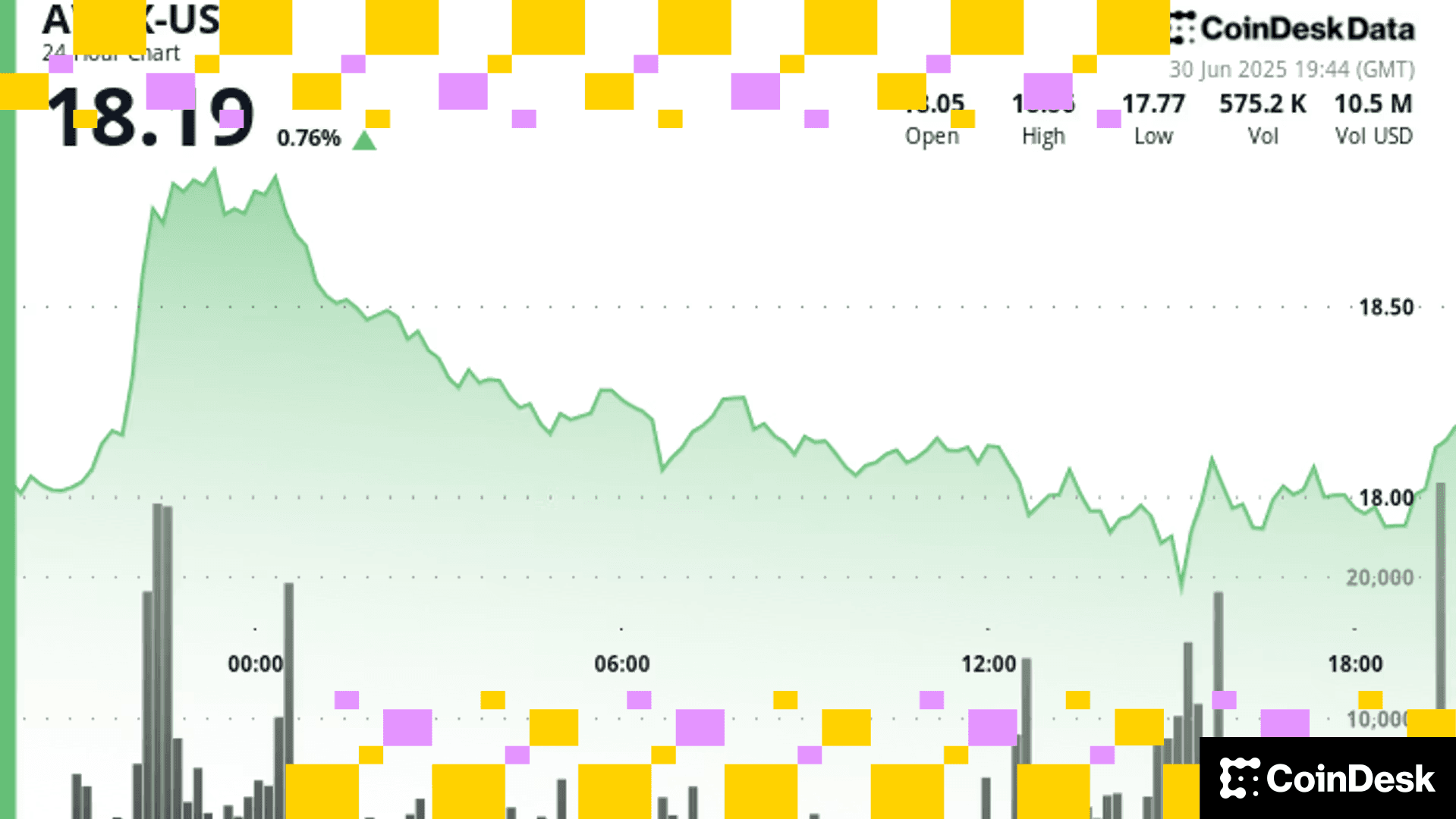G-7 Finance Ministers Call to Accelerate Global Crypto Regulations Following UST Collapse: Report
G-7 officials meeting in Germany want the Financial Stability Board to act more quickly, says a Reuters report.

Finance ministers from the Group of Seven (G-7) large developed economies are set to call for faster global crypto regulations in the wake of the collapse of the terraUSD stablecoin last week, according to Reuters.
"In light of the recent turmoil in the crypto-asset market, the G7 urges the FSB (Financial Stability Board) ... to advance the swift development and implementation of consistent and comprehensive regulation," the ministers wrote in a draft communique seen by Reuters.
The FSB, an international body based in Basel that was responsible for generating many of the post-2008 financial norms, had previously promised a report on the regulation, supervision and oversight of global stablecoins for October of this year. The FSB's leader, Klaas Knot, has already volunteered to write a crypto rulebook that could cover financial stability and investor protection issues.
Read more: Global Financial Stability Watchdog FSB Says It Could Write Crypto Rulebook
The turbulence seen in crypto markets last week, in which the Terra asset supposedly worth $1 sank to as low as 7 cents, and Tether's USDT also lost its peg, has only heightened calls for extra regulation.
In a speech given Monday in Paris, French central bank Governor François Villeroy de Galhau cited recent market turmoil as evidence that stablecoins are “misnamed” and “possibly very unstable.” Crypto assets needed to be supervised and interoperable across jurisdictions in order to avoid disrupting the international financial system, he said.
The European Union’s financial services commissioner, Mairead McGuinness, in the course of finalizing European Union crypto laws known as MiCA, has also called for a global agreement on crypto to protect investors and limit the environmental impact of bitcoin-style proof of work technology.
UPDATE (May 19, 2022, 16:48 UTC): Adds additional background and context.
More For You
Exchange Review - March 2025

CoinDesk Data's monthly Exchange Review captures the key developments within the cryptocurrency exchange market. The report includes analyses that relate to exchange volumes, crypto derivatives trading, market segmentation by fees, fiat trading, and more.
What to know:
Trading activity softened in March as market uncertainty grew amid escalating tariff tensions between the U.S. and global trading partners. Centralized exchanges recorded their lowest combined trading volume since October, declining 6.24% to $6.79tn. This marked the third consecutive monthly decline across both market segments, with spot trading volume falling 14.1% to $1.98tn and derivatives trading slipping 2.56% to $4.81tn.
- Trading Volumes Decline for Third Consecutive Month: Combined spot and derivatives trading volume on centralized exchanges fell by 6.24% to $6.79tn in March 2025, reaching the lowest level since October. Both spot and derivatives markets recorded their third consecutive monthly decline, falling 14.1% and 2.56% to $1.98tn and $4.81tn respectively.
- Institutional Crypto Trading Volume on CME Falls 23.5%: In March, total derivatives trading volume on the CME exchange fell by 23.5% to $175bn, the lowest monthly volume since October 2024. CME's market share among derivatives exchanges dropped from 4.63% to 3.64%, suggesting declining institutional interest amid current macroeconomic conditions.
- Bybit Spot Market Share Slides in March: Spot trading volume on Bybit fell by 52.1% to $81.1bn in March, coinciding with decreased trading activity following the hack of the exchange's cold wallets in February. Bybit's spot market share dropped from 7.35% to 4.10%, its lowest since July 2023.
Más para ti












